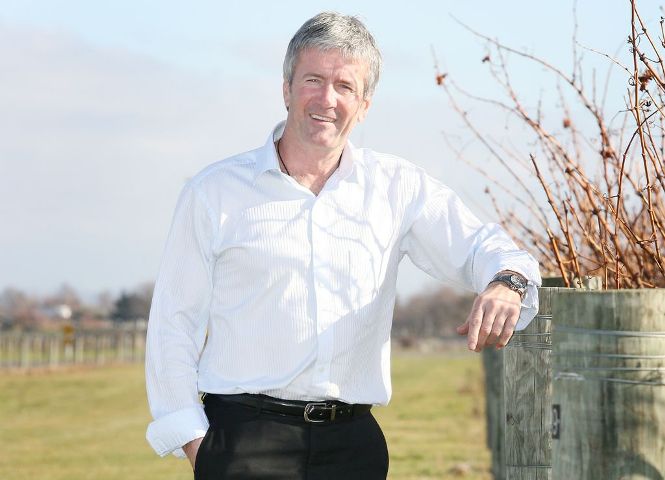New research on potential of regenerative farming to boost soil carbon
“The researchers will set up a conventional system using current industry best practice and recognised crop rotations,” Damien O’Connor said.

- Country:
- New Zealand
The Government is backing new research on the potential of regenerative farming practices to boost soil carbon in arable, vegetable and other crop growing systems, Agriculture Minister Damien O’Connor announced.
“We’re committing more than $2 million over six years in Hawke’s Bay to help build up an evidence base on the application and effectiveness of regenerative farming in a typical intensive field cropping and arable systems,” Damien O’Connor said.
“This will be the first project in our regenerative agriculture portfolio to include the arable sector and brings together key stakeholders across the value-chain.
“The project, led by Hawke’s Bay Future Farming Charitable Trust with science and operations partner LandWISE, will be run on LandWISE’s demonstration farm in the Heretaunga Plains, with a focus on degraded soils.
“It complements the research already underway on the effectiveness of regenerative farming practices in our pastoral farming systems.”
The ‘Carbon Positive – Regenerating soil carbon’ project is co-funded by the Ministry for Primary Industries’ (MPI) Sustainable Food and Fibre Futures fund (SFF Futures).
The project is supported by a collaboration of regional and national organisations including Kraft Heinz Watties NZ, McCain Foods NZ, Hawke’s Bay Vegetable Growers, Hawke’s Bay Regional Council, and BASF.
“Worldwide we’re seeing increased demand for food grown sustainably with a reduced environmental footprint. There are exciting opportunities for New Zealand to tap into this market, which is why we’re co-investing with industry,” Damien O’Connor said.
“Working with two global food giants, Kraft Heinz Watties NZ and McCain Foods NZ, will also help us better understand how New Zealand can supply products to meet future consumer trends.”
Damien O’Connor said the demonstration farm will be split and managed with three different systems to validate any benefits.
“The researchers will set up a conventional system using current industry best practice and recognised crop rotations,” Damien O’Connor said.
“They will also set up a fully regenerative system involving cover crops and minimal use of herbicides and insecticides, and a hybrid system that incorporates a mixture of techniques to help demonstrate a transitional pathway for farmers.
“The project team will do extensive monitoring to measure and evaluate the impact on productivity and profitability, to help them develop best practice.
“Potential outcomes from the regenerative farming approach could include improved water quality and use; reduced nutrient losses and use; healthier soils; and resilience to climate change.
“The Fit for a Better World Government and sector roadmap identified regenerative agriculture as a potential high-value and sustainable point of difference for New Zealand.
“Through SFF Futures, the Government is backing a portfolio of 12 research projects to date with a combined investment of just over $57.7 million. These projects have their sights on delivering evidence base on the effectiveness of regenerative farming practices that suit New Zealand’s soils, climate, and production systems.
“Lifting our sustainability credentials is crucial to growing the value of our food and fibre exports and providing future economic security for all New Zealanders,” Damien O’Connor said.
(With Inputs from New Zealand Government Press Release)
- READ MORE ON:
- Damien O’Connor
- LandWISE
- agriculture
- Kraft Heinz Watties NZ
- McCain Foods NZ










